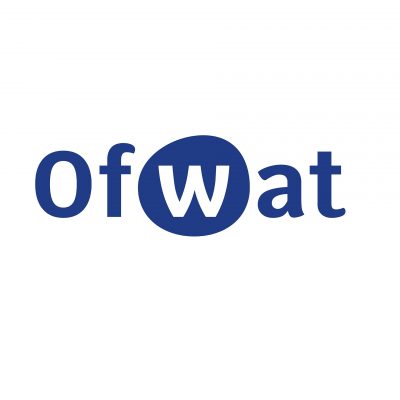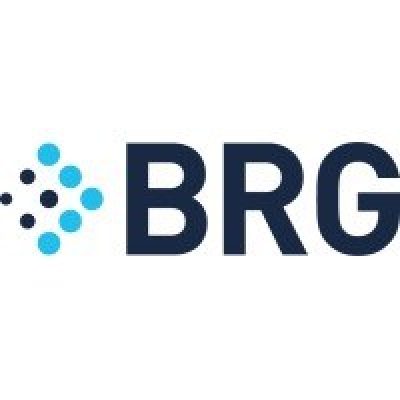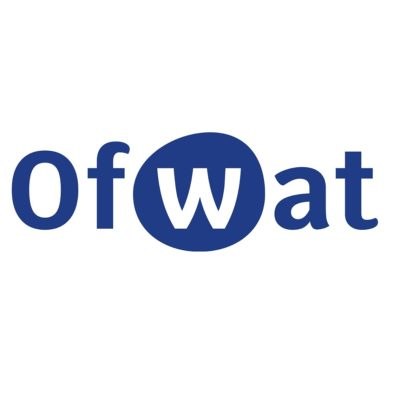What Can You do With a Masters in Economics?

So, you’ve almost finished your master’s in economics – coursework handed in, library books returned, just a few final exams to breeze through… All you need to do now is confront that tricky little question you’ve been ignoring for the past year or so: what can you do with a master’s in economics? In short, what are your career prospects? What jobs can you apply for, which sectors should you be searching within, and which employers are likely to be happiest to see your CV in their inbox?
Before you get too excited, let’s make clear that this article won’t hand you all the answers – unless you think all economics graduates are identical, that clearly just isn’t possible. However, we do have some practical information that should help answer the question of what you can do with a master’s in economics, so you can reach a decision about your own preferences and plans.
Which types of employers offer most economics jobs?
It may be useful to start by considering which types of organization typically employ most graduates of master’s in economics programs. The chart below shows the most common types of employers for graduates of master’s degrees at Barcelona Graduate School of Economics (Barcelona GSE), based on a recent survey.
Professional Placement by Industry – Class of 2014

Perhaps unsurprisingly, almost a quarter of Barcelona GSE graduates found employment in banks or other financial services providers. Close behind in offering economics jobs were consulting firms and research institutes, followed by international organizations and non-profits. For more detailed insights into the kind of employers most likely to take on graduates of master’s in economics programs, you may also want to take a look at this list of institutions that have employed Barcelona GSE graduates in recent years – perhaps a good place to start hunting for economics jobs if you’re ready to start applying.
It may also be interesting to note that, among those surveyed, around one third found a job outside of their home country – good news for those seeking to combine a career in economics with opportunities to gain international experience.
How about a PhD in economics?
Of course, entering the job market is not the only option for those completing a master’s in economics; you may also choose to enroll in a PhD. This was a fairly popular option among the Barcelona GSE survey group. Among the 94% who responded within six months of graduating, 87% were either working or studying. Of those, 72% were employed, while 28% were studying. The chart below show where this latter group were located – with just under half staying on at Barcelona GSE, and the rest pursuing a PhD in economics either elsewhere in Europe or in the US.
Destination of Graduates Continuing Education – Class of 2014

If you are considering a PhD in economics, remember that this doesn’t necessarily mean committing to a lifetime in academia. For many highly specialized economics jobs, particularly research-based and advisory roles, a PhD in economics can be excellent preparation.
If you do decide to pursue a PhD in economics, you may well start by considering opportunities within your current institution. This can mean you’re already familiar with potential supervisors, research specializations and funding availability – as well as both the academic and social infrastructures. On the other hand, looking further afield could make it easier to find a PhD project which matches your interests, as well as offering the opportunity to gain experience of living in a new place and extending your global network.
In short, whether you decide to start hunting for economics jobs or look for a PhD, there are lots of options for your next step. The real question is: what will you do with a master’s in economics?
Find out more about Barcelona Graduate School of Economics
This article is sponsored by Barcelona Graduate School of Economics.













